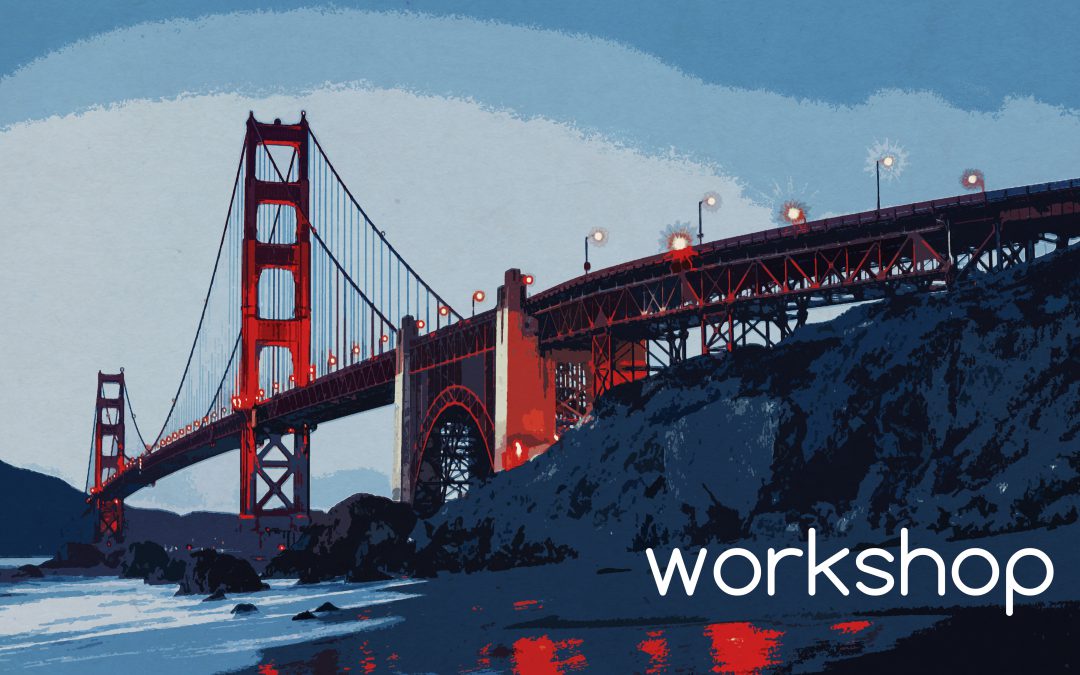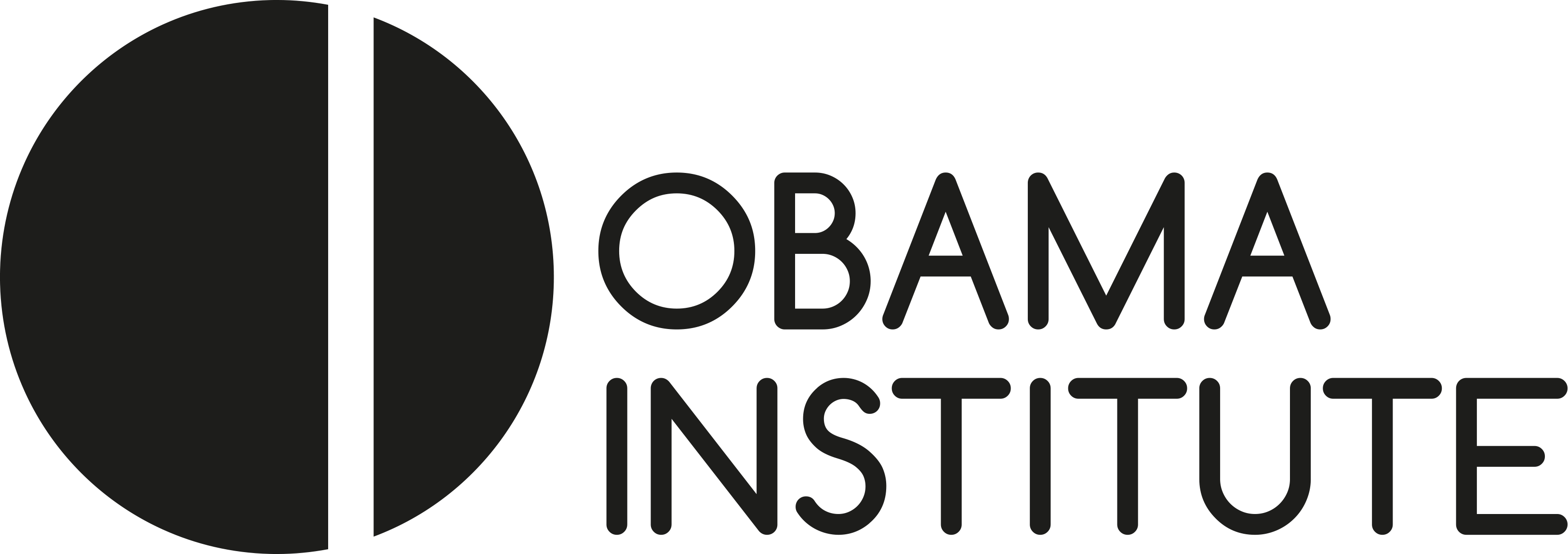
News, Workshops
Research Group “Transnational Periodical Cultures”
Periodicals and Globalization (Workshop V)
May 8, 2019, 9:45 a.m.-6 p.m., Campus Germersheim (Raum 117, Sitzungsraum)
The research group “Transnational Periodical Cultures” (Jutta Ernst, Dagmar von Hoff, Bjørn von Rimscha, Oliver Scheiding) holds a series of workshops on the following dates:
May 8, 2019 – Workshop V – Periodicals and Globalization
June 5, 2019 – Workshop VI – Translation and Transnational Periodical Cultures
June 26, 2019 – Doktorandenworkshop – Aktuelle Theorie- und Methodenprobleme der Zeitschriftenforschung
You can find the program for the event on May 8, 2019 here.
If you are interested in attending one of the workshops or specific talks, please contact one of the organizers mentioned above.
For further information, please visit www.transnationalperiodicalcultures.net.

News, Workshops
Career Workshop: American Art
February 8, 2019
Helmholtz Institute Mainz
Staudingerweg 18
55128 Mainz
Conference Room 1395-00-133/135 (Ground Floor), 10 a.m.–11 a.m.
Interested in studying American art, working in museums, applying for research funding, or pursuing an academic career? In this unique workshop, speakers from the symposium International Perspectives on American Art will share their varied career paths in an informal discussion with students.
Speakers:
Dr. Christian Berger, Johannes Gutenberg-Universität Mainz/The Courtauld Institute of Art, London
Prof. Dr. Winfried Fluck, John F. Kennedy Institute for North American Studies, Freie Universität Berlin
Prof. Dr. Ursula Frohne, Institut für Kunstgeschichte, Westfälische Wilhelms-Universität Münster
Eleanor Harvey, Ph.D., Senior Curator, Smithsonian American Art Museum, Washington, D.C.
Anna O. Marley, Ph.D., Curator of Historical American Art, Pennsylvania Academy of Fine Arts, Philadelphia
Susanne Scharf, M.A., Frankfurt am Main
Space is limited. Please register by email to Dr. Allison M. Stagg: allstagg@uni-mainz.de by February 1.
You can download the poster for the workshop here.
Title image: George Caleb Bingham, American, 1811–1879; The Wood-Boat, 1850; oil on canvas mounted on board; 25 1/8 in. × 30 inches; Saint Louis Art Museum, Museum Purchase 14:1951

News, Workshops
Religious media are part of the knowledge production of faith communities. As producers, disseminators and archivists they play important roles for perpetuating a certain faith tradition. In this workshop, we will analyze how religious journalists and others involved in producing religious online and print media work and thus nourish and support religious affiliation. For this purpose, we will look at three areas of religious journalism: content, technology, and the larger religious network.
Religiöse Medien sind Teil der Wissensproduktion einer Glaubensgemeinschaft. Als Produzenten, Verteiler und Archivare spielen Medien eine wichtige Rolle bei der Erhaltung und Weiterführung einer Glaubenstradition. In diesem Workshop setzen wir uns damit auseinander, wie religiöse Journalisten und andere, die an der Produktion von religiösen online Inhalten und Printmedien beteiligt sind, arbeiten und so religiöse Zugehörigkeit pflegen und unterstützen. Daher werden wir uns mit drei Bereichen des religiösen Journalismus auseinandersetzen: Inhalten, Technologien und dem Netzwerk.
Download the program for the workshop
here.

News, Workshops
Research Group “Transnational Periodical Cultures”
Unternehmen und Akteure (Workshop II)
Nov 21, 2018, 10 a.m.-6 p.m., Campus Germersheim (Raum 117, Sitzungsraum)
The research group “Transnational Periodical Cultures” (Jutta Ernst, Dagmar von Hoff, Bjørn von Rimscha, Oliver Scheiding) holds a series of workshops on the following dates:
Oct 17, 2018 – Workshop I – Markets, Standardization and Adaptation
Nov 21, 2018 – Workshop II – Unternehmen und Akteure
Dec 12, 2018 – Workshop III – Zeitschriften und Digitalisierung
Jan 16, 2019 – Workshop IV – Zeitschriften, Gestaltung, Design
You can find the program for the event on Nov 21, 2018 here.
If you are interested in attending one of the workshops or specific talks, please contact one of the organizers mentioned above.
For further information, please visit www.transnationalperiodicalcultures.net.

Call for Papers, News, Workshops
Research Group “Transnational Periodical Cultures”
Markets, Standardization and Adaptation (Workshop I)
Oct 17, 2018, 10 a.m.-6 p.m., Senatssaal (NatFak, 07-232)
The research group “Transnational Periodical Cultures” (Jutta Ernst, Dagmar von Hoff, Bjørn von Rimscha, Oliver Scheiding) holds a series of workshops on the following dates:
Oct 17, 2018 – Workshop I – Markets, Standardization and Adaptation
Nov 21, 2018 – Workshop II – Unternehmen und Akteure
Dec 12, 2018 – Workshop III – Zeitschriften und Digitalisierung
Jan 16, 2019 – Workshop III – Zeitschriften, Gestaltung, Design
You can find the program for the event on Oct 17, 2018 here.
If you are interested in attending one of the workshops or specific talks, please contact one of the organizers mentioned above.
For further information, please visit www.transnationalperiodicalcultures.net.


